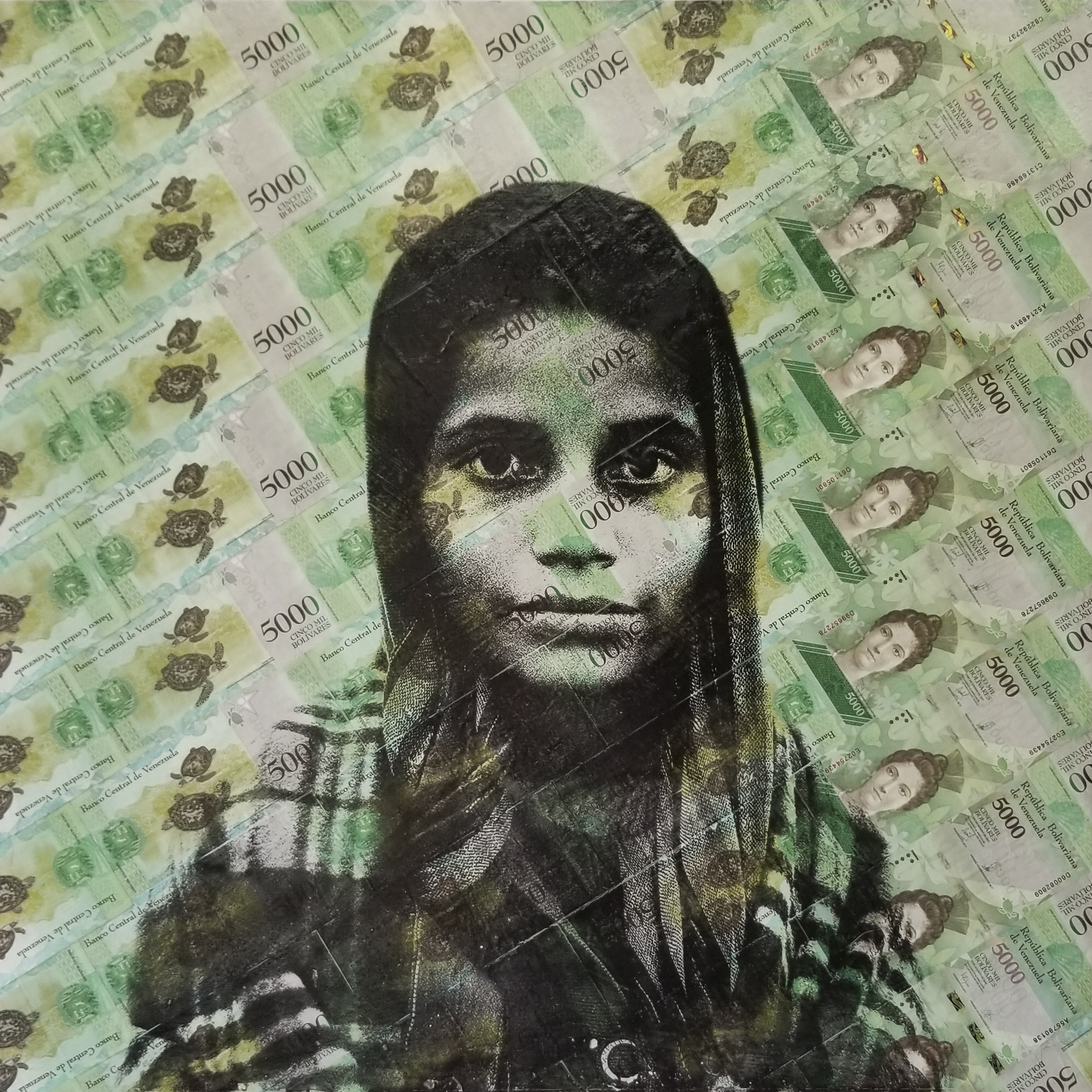How does one photograph a crisis?
Do you capture the long lines to buy food? Do you focus on the wiry bodies of children? Do you zoom into the eyes of its people desperate for better days?
Last summer, thousands of Venezuelan migrants began fleeing across South America every day. I was in my hometown in Ecuador, covering the arrival of the refugees, when a little girl who’d walked out of her country gave me an origami figure of a star made with Venezuelan money. Other Venezuelans were handing out their worthless, hyper-inflated bolivars as souvenirs in exchange for a few dollars, and many others had created bags, wallets and bracelets out of folded bills.
I held that origami figure in my hands and wondered what everyday life was like in a land where money had stopped being money and where a monthly wage can barely purchase a bag of rice. The colorful bolivars were, finally, the most tangible manifestation of an exodus that is nearly as big as the one from Syria, with more 4 million hitting the road.
With these questions in mind I set out to the Venezuelan border to document their exodus. I found a road lined with packs of men, women, and children, their faces riddled with chagrin, fear, grieve, nostalgia, resignation, and above all uncertainty.
They call themselves “Caminantes,” loosely translated as Walkers or Wayfarers. I joined a group and trekked with them across a few hundred kilometers on the road leaving Venezuela.
After the trip I decided to transfer the images of the Caminantes I had met on the road directly onto the defunct Bolivar currency by using a silver gelatin process. The light sensitive emulsion bonded the images of the migrants to the bills; the very symbol, cause, and consequence of the crisis. The faces on the currency of Bolivar, Miranda, Guicaipuro, Cáceres de Arismendi, Negro Primero… once proudly propping up the richness and success of Venezuela, now seem to look on to a generation ejected from their country by hunger and hopelessness. Similarly, the flora and fauna on the reverse side of the bills now speak of a lavish motherland abandoned by its people.
For inquiries on pricing or sales of the work please contact studio@felipejacome.com
or fill out the form below:















